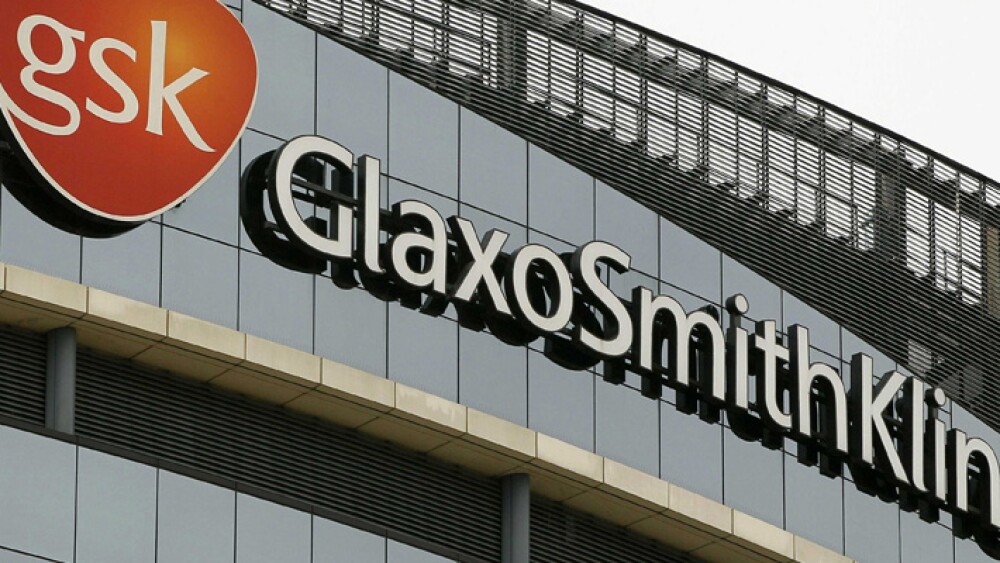August 4, 2017
By Mark Terry, BioSpace.com Breaking News Staff
With UK-based GlaxoSmithKline making significant restructuring efforts, every day seems to bring additional changes. Today it annouced that it is essentially abandoning its research-and-development center in Shanghai, China.
About 10 years ago, GSK launched a $100 million plan to develop a large neurosciences research center in Shanghai. Its plans called for hiring 1,000 researchers over six years to push into Alzheimer’s, Parkinson’s and multiple sclerosis (MS).
At the time, GSK’s R&D chief Moncef Slaoui told the Financial Times, “We don’t want to give them the crumbs. It’s about different science. We will like our fate to their fate. Within five to 10 years we will be moving from ‘made in China’ to ‘discovered in China.’”
The company states that its R&D team will stay in Shanghai, but its neurosciences work, such as it is, will move to its research hub in the Philadelphia area. In a statement to John Carroll of Endpoints News, GSK said, “Following a portfolio review and prioritization, GSK has decided to close its Neuroscience R&D Center in Shanghai and move key programs to its global R&D hub in Upper Providence (just outside Philadelphia), where they will benefit from co-location with other pipeline R&D programs.”
The company went on to say, “The China R&D development organization will continue to be based in Shanghai and is set to expand over the next two years to accelerate the development of new medicines. We remain committed to China and will focus our R&D efforts in China on the needs of China, at both our Shanghai site and our Institute for Infectious Diseases and Public Health in Beijing.”
Carroll adds, “The big question was why GSK took so long. Once a big player in neurosciences, former CEO Andrew Witty signaled a major retreat from the field in 2011—although execs stoutly insisted for years that it never exited.”
In May, GSK indicated that it was investing $139 million in its manufacturing plant in Rockville, Md., but that it was also spending $245 million to upgrade its research-and-discovery hub in Upper Providence, Pennsylvania.
GSK employs about 5,000 people in the Philadelphia area. It plans to build out four floors of new laboratories, so-called “smart” labs because of their updated technology. By 2018, the company indicates that about 40 percent of its global pharmaceutical research and drug development staff will be based in Collegeville, Penn., one of its two R&D hubs globally. The other is in Stevenage, England, outside London.
The Rockville, Md. site has two FDA-licensed manufacturing plants. The money spent there will be used to expand production capacity for lupus drug Benlysta. Sales of the drug have grown 18 percent per year since 2014. Last year U.S. sales of the drug were $377 million.
GSK’s chief executive officer Emma Walmsley recently outlined the company’s focus, which involved killing more than 30 preclinical and clinical programs and allocating 80 percent of its research-and-development budget to respiratory and HIV/infectious diseases.
The company’s three product divisions are Pharmaceuticals, Vaccines and Consumer Healthcare. In a statement, GSK said, “The recent performance of these three businesses has demonstrated the benefits of the transaction with Novartis (NVS) in 2015 as well as the impact of more effective introductions of new products, notably new Respiratory and HIV medicines and vaccines to prevent meningitis. Better performance, together with cost savings has also resulted in improved margins and cash flows for all three businesses over the last 18 months.”
The company also plans to strengthen its oncology and immune-inflammation areas. Neuroscience and central nervous system disorders are rather far down the list of company priorities, if they’re on it at all.





